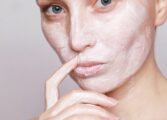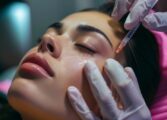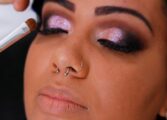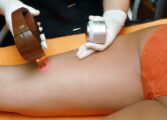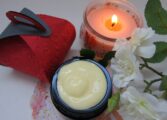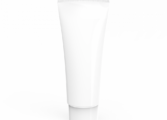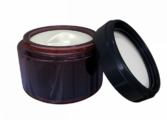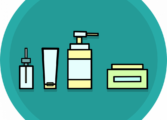Retinol Serum: The Powerful Ingredient for Youthful Skin

Introduction:
Retinol serum has gained immense popularity in the skincare industry for its remarkable ability to improve skin health and combat signs of aging. This article aims to provide a comprehensive overview of retinol serum, including its definition, types, popularity, and quantitative measurements. Additionally, we will discuss the differences between various retinol serums and explore the historical pros and cons associated with them.
What is Retinol Serum?
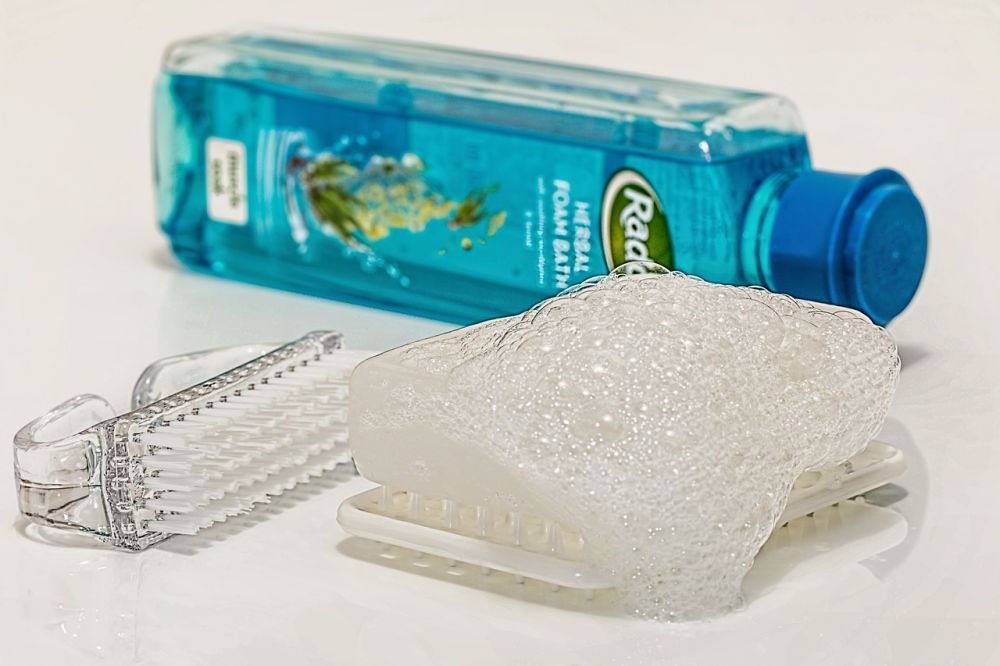
Retinol serum, derived from vitamin A, is a potent ingredient used in skincare formulations to target common skin concerns such as wrinkles, fine lines, and uneven skin tone. It stimulates collagen production, enhances cellular turnover, and reduces the appearance of sun damage. Retinol serums typically come in various concentrations, ranging from 0.1% to 2%, to cater to different skin types and needs.
Types and Popularity of Retinol Serum
There are multiple types of retinol serums available in the market, each with its unique formulation and benefits. Some popular variants include:
1. Pure Retinol Serum: These serums contain higher concentrations of pure retinol, making them suitable for individuals with mature or sun-damaged skin.
2. Retinol and Hyaluronic Acid Serum: This combination provides hydration along with the anti-aging benefits of retinol, making it ideal for individuals with dry or dehydrated skin.
3. Retinol and Vitamin C Serum: Vitamin C enhances the effectiveness of retinol by providing antioxidant protection and brightening the skin tone. This serum is suitable for individuals looking to address both aging and dullness.
4. Retinol and Peptide Serum: Peptides work synergistically with retinol to improve skin elasticity and firmness. This serum is recommended for those concerned with sagging or loss of firmness.
The popularity of retinol serum has skyrocketed in recent years due to its effectiveness and visible results in improving skin texture, minimizing fine lines, and reducing the appearance of pores.
Quantitative Measurements of Retinol Serum
Quantitative measurements play a crucial role in assessing the potency and efficacy of retinol serums. The measurement unit used for retinol concentration is International Units (IU) or Retinol Activity Equivalents (RAE). It is important to note that higher concentrations of retinol do not necessarily equate to better results, as everyone’s skin reacts differently. Starting with lower concentrations and gradually increasing usage can help minimize any potential skin irritation or discomfort.
Differences Between Various Retinol Serums
Despite having a common active ingredient, retinol serums differ in their formulations, concentrations, and additional ingredients. Some factors that contribute to differences among retinol serums include:
1. Retinol Stability: Different formulations may affect the stability and potency of retinol, affecting its overall effectiveness.
2. Additional Ingredients: Some serums may contain ingredients like peptides, hyaluronic acid, or antioxidants to enhance the overall benefits and address specific skin concerns.
3. Delivery Systems: Some retinol serums utilize advanced delivery systems, such as microencapsulation or time-released formulas, to ensure optimal absorption and minimize irritation.
Historical Pros and Cons of Different Retinol Serums
The use of retinol in skincare dates back several decades, with advancements in formulations and understanding of its properties. Historically, some common pros and cons associated with different retinol serums include:
1. Pros:
– Effective in reducing the appearance of wrinkles and fine lines.
– Improves skin texture and tone.
– Boosts collagen production for firmer, more youthful-looking skin.
– Addresses hyperpigmentation and age spots.
2. Cons:
– Initial skin irritation and sensitivity.
– Increased sun sensitivity, requiring diligent use of sunscreen.
– Not suitable for pregnant or breastfeeding individuals.
– Higher concentrations may cause dryness or peeling.
Conclusion:
Retinol serum has revolutionized the skincare industry and continues to be a sought-after ingredient for achieving youthful-looking skin. Understanding the various types, popularity, quantitative measurements, and differences between retinol serums is essential in making informed choices for skincare routines. As with any skincare product, it is advisable to consult with a dermatologist for personalized recommendations based on individual skin needs and concerns. Whether you’re a skincare enthusiast or someone looking to start a reliable skincare regimen, incorporating retinol serum into your routine can provide visible and long-lasting benefits.













